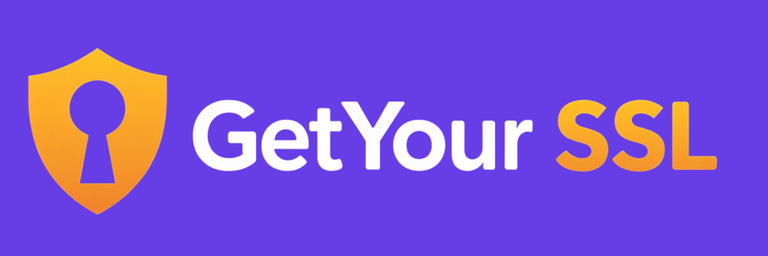SSL for E-Commerce Websites: Impact on Customer Trust and Sales
In e-commerce, trust is crucial. If visitors feel unsecure, they abandon immediately. An SSL certificate is the key to secure shopping.
GetYourSSL
9/25/20254 min read
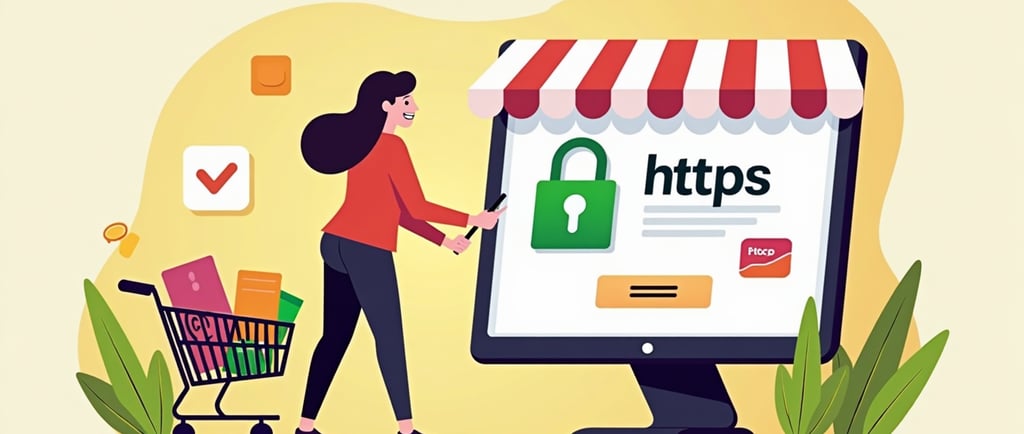

SSL is not just a technical security measure; it is the cornerstone of customer trust for e-commerce websites and a critical factor in increasing sales.
What Is an SSL Certificate?
SSL (Secure Sockets Layer) is a security technology that encrypts all data exchanged between a website and a visitor.
When a user enters credit card details, address, or password, this information is encrypted and cannot be intercepted by third parties.
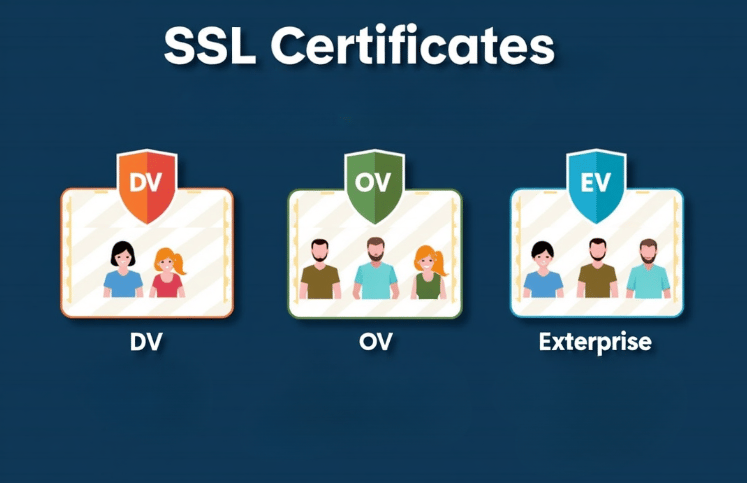

Websites using SSL appear with https:// and a lock icon in the browser’s address bar—these visual cues tell customers:
🔒 “This site is secure; your data is protected!”
Why Is Trust Crucial in E‑Commerce?
For blogs or personal websites, SSL might be optional. But for e-commerce, SSL is a must. Here are the reasons:
✅ Payment Security: Without SSL, sensitive information like credit card data is transmitted unencrypted, increasing the risk of fraud.
✅ Customer Trust: If a buyer sees “Not Secure” in the browser, they are unlikely to complete the purchase.
✅ Legal Compliance: Data protection laws such as GDPR require secure handling of personal data.
✅ SEO Advantage: Google gives higher rankings to secure (HTTPS) websites, bringing more organic traffic.
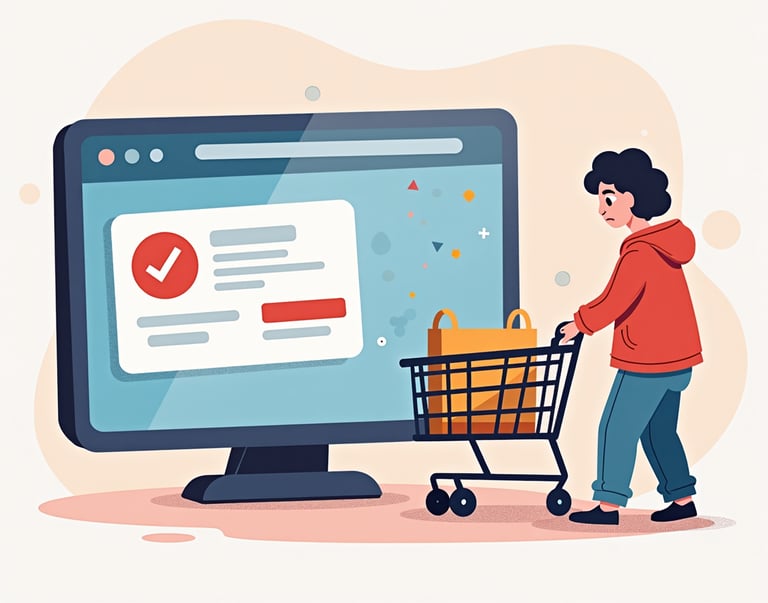

How SSL Affects Sales
Since trust directly influences buying decisions, having an SSL certificate helps increase sales.
1. Reduces Cart Abandonment
Studies show that 17% of users abandon their cart due to security concerns. SSL helps minimize this.
2. Improves Brand Reputation
A secure website gives a professional image and builds customer loyalty.
3. Boosts Conversion Rates
The presence of HTTPS and the lock icon increases the likelihood that users will complete their purchase.


Real-Life Examples
Case 1: Local Fashion Store
A mid-sized e-commerce site selling women’s clothing in Turkey had been operating over HTTP without using any free or paid SSL certificate for a long time. When customers saw the “Not Secure” warning on the payment page, they would abandon the transaction.
Before
Action Taken
The site owner purchased an EV SSL certificate, making the brand name visible in the browser address bar.
Result:
Within 3 months:
✅ Cart abandonment rate decreased by 25%
✅ Conversion rate increased by 18%
Case 2: Global Brand Trust
An international electronics brand discovered in a test conducted in 2017 that 30% of users abandoned their shopping on pages without SSL.
Before
Action Taken
The site owner obtained an EV SSL certificate, making the brand name visible in the browser address bar.
Result:
After switching to SSL, there was a noticeable increase in sales, and brand trust stood out in customer surveys.
Case 3: SEO & Traffic Growth
An entrepreneur who launched a website to sell digital products found through Google Analytics that there was no incoming traffic.
Before
Action Taken
The entrepreneur obtained a Basic SSL certificate.
Result:
After installing the SSL certificate, the site quickly climbed the Google rankings. A 12% increase in organic traffic was directly reflected in sales.
Which SSL Certificate Should You Choose?
The highly preferred certificates for e-commerce websites are:
· DV SSL (Domain Validation): Fast and basic, suitable for blogs. Not ideal for e-commerce.
· OV SSL (Organization Validation): Verifies business identity, suitable for growing e-commerce sites.
· EV SSL (Extended Validation): TDisplays the company name in browsers. Offers the highest trust—ideal for larger stores.
🔑 Recommendation: For medium and large e-commerce sites, choose OV or EV SSL.
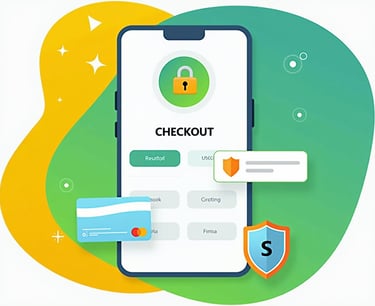

SSL and SEO: Turning Traffic into Sales
SSL also provides a major advantage in terms of SEO.
Google rewards HTTPS websites, which means more organic visitors.
But remember: Traffic alone is not enough.
If visitors don’t feel safe on the checkout page, they will abandon the purchase.
This is where SSL becomes the bridge between SEO and actual sales.


What Do You Lose Without SSL?
⚠️ Customer trust → is lost
⚠️ Sales → decline
⚠️ SEO rankings → drop
⚠️ Legal liability → increases
A website without SSL in e-commerce is like a store without security.
The door is wide open, but customers hesitate to walk in.
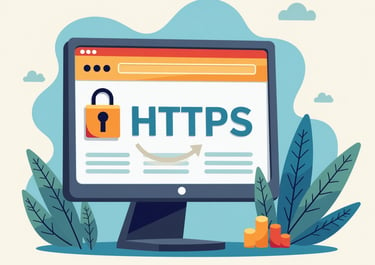

Result:
Trust = Sales
For e-commerce websites, an SSL certificate is no longer a luxury—it's a necessity.
It’s not just a technical security measure; it's also one of the most important factors for increasing sales.
✅ SSL = Customer trust
✅ SSL = Higher conversion rates
✅ SSL = Stronger brand reputation
Remember:
There are no sales without trust.
And the first step to building that trust on your e-commerce site is having an SSL certificate. If you want your visitors to feel secure and confident in your site, CLICK HERE now to find the certificate that's right for you.
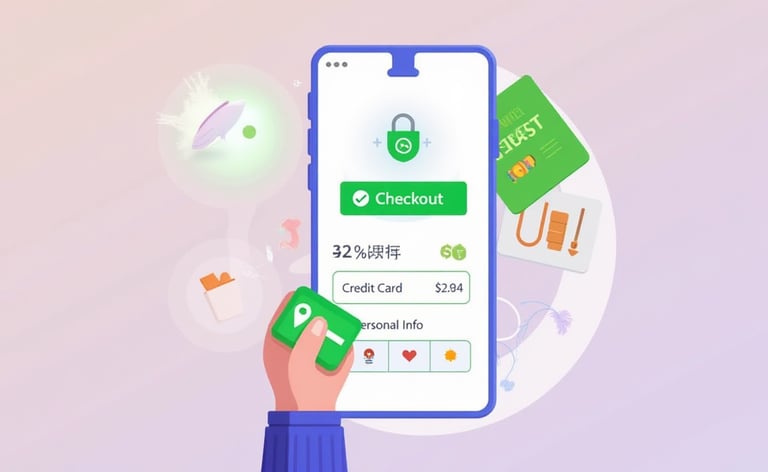

Secure
Your guide to choosing the right SSL certificate.
Trust
Support
info@getyourssl.com
© 2025. All rights reserved.


